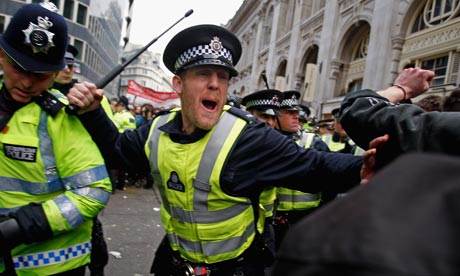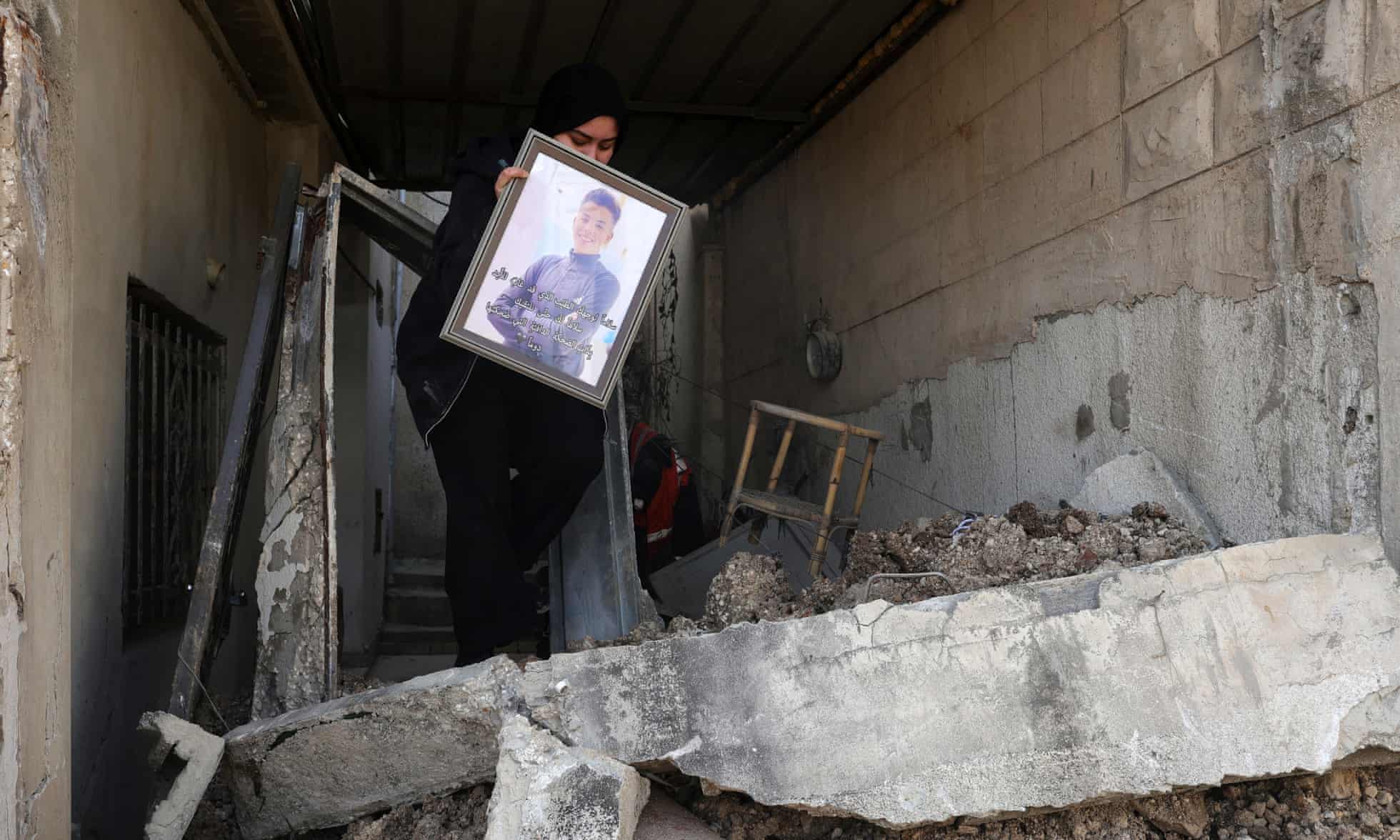 Can confidence in the Metropolitan police sink any lower? Even before the past few weeks revealed the possibility of their complicity in the News of the World hacking scandal, and the past few months their brutal attitude towards the policing of students and other protesters, there were many who already had reason to mistrust those who claim to be "working together for a safer London".
Can confidence in the Metropolitan police sink any lower? Even before the past few weeks revealed the possibility of their complicity in the News of the World hacking scandal, and the past few months their brutal attitude towards the policing of students and other protesters, there were many who already had reason to mistrust those who claim to be "working together for a safer London".
One of the positive effects of "citizen journalism" is how much harder it makes it for the authorities to disseminate disinformation, such as the stories put out by the Met concerning Tomlinson's death. More recently, in the case of the arrests of UK Uncut protesters in Fortnum & Mason, video footage of chief inspector Claire Clark deceiving the group into a mass arrest has proved highly embarrassing to the police, who nevertheless freely admit that arrests at protests are part of an ongoing intelligence-gathering operation. The use of undercover police officers, such as Mark Kennedy, recently found to have unlawfully spied on environmental activists, has further increased suspicions regarding the motivations for police spying, not to mention the fact that its illegality makes it wholly ineffective against those it would seek to prosecute. It is cheering to see those targeted fighting back against such criminalisation of legitimate protest, particularly among those too young to vote, such as Adam Castle, who is taking the police to court over kettling at a student protest last November.
But given the many allegations of police corruption, racism, spying and death in their supposed care, why does anyone feel safe when the police are around? Robert Reiner, professor of criminology at LSE and author of The Politics of the Police, describes the phenomenon of "police fetishism" in the following way: "the ideological assumption that the police are a functional prerequisite of social order so that without a police force chaos would ensue". In fact, as Reiner points out, many societies have existed without an official police force or with very different models of policing in place. While it may be hard to imagine Britain without a police force of some kind, it is increasingly clear that those who "protect" its largest city are far from doing any such thing.





 Amid the immense confusion surrounding the US strikes on Venezuela, the seizure of the president, Nicolás...
Amid the immense confusion surrounding the US strikes on Venezuela, the seizure of the president, Nicolás... On Monday, August 6, 1945, after six months of intense firebombing of 67 other Japanese cities,...
On Monday, August 6, 1945, after six months of intense firebombing of 67 other Japanese cities,... Later this month, on the holiday of Purim, Jewish people will dress in silly costumes, eat...
Later this month, on the holiday of Purim, Jewish people will dress in silly costumes, eat...






























